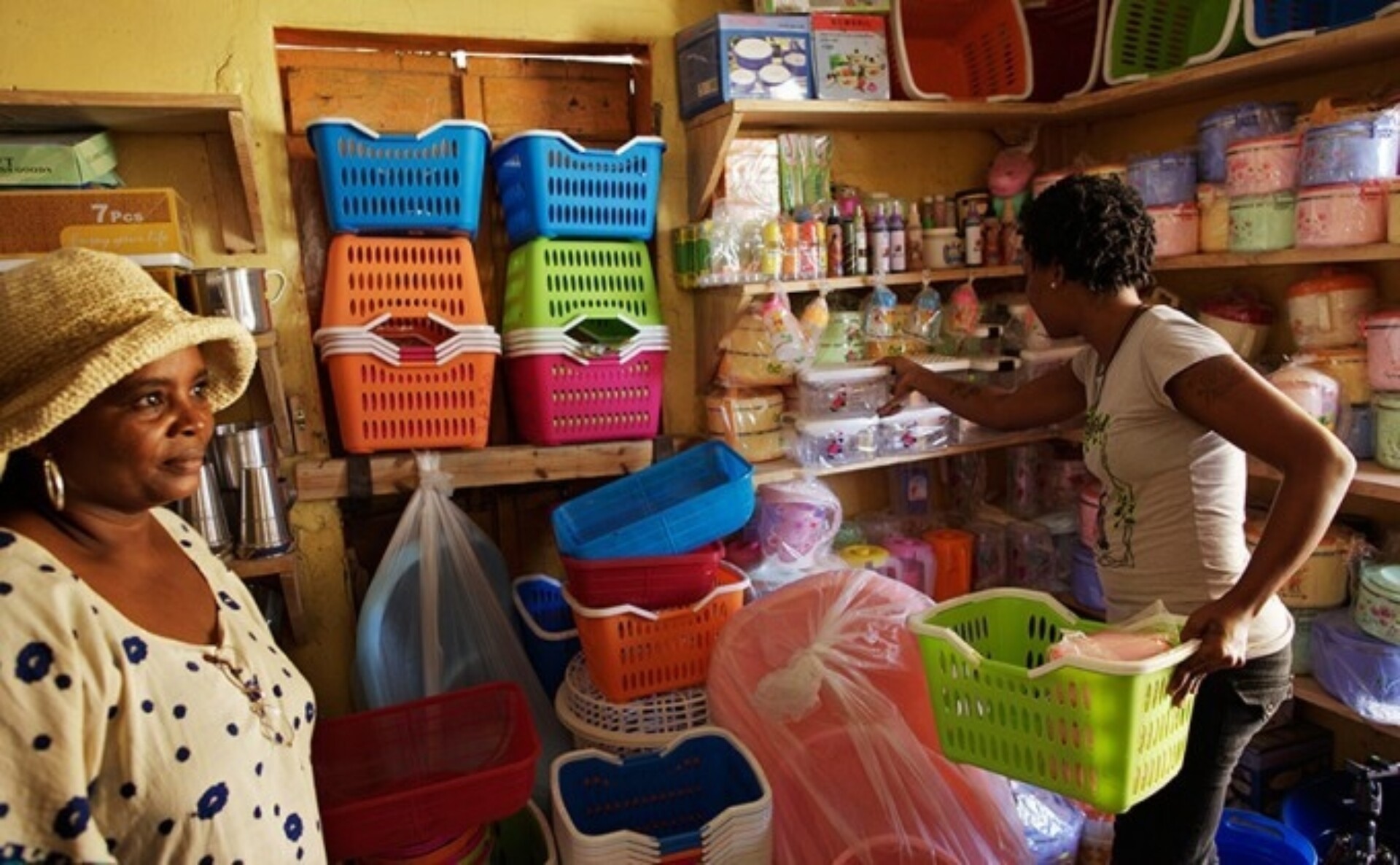
Completed project
PDLH
2006 to 2012
CAD$ 20,000,000
funded by CIDA
Over 200,000 people
CRC SOGEMA École nationale d’administration publique (ENAP) Société de coopération pour le développement international (SOCODEVI)
Since 2006, CECI has been working in 16 communes in Haiti through a major local development program that aims to improve the living environment and standards of the population. Funded by the Canadian International Development Agency (CIDA), PDLH – Local Development Project in Haiti – has been reaching out to over 200,000 people in five departments across the country.
PDLH coordinates all bilateral investments made through CIDA in Haiti. CECI heads a consortium in charge of implementing the program together with CRC SOGEMA, ENAP and SOCODEVI. The program implementation strategy draws on multi-faceted intervention that simultaneously deals with several aspects of local development, including local governance and socio-economic development.
PROJECT AREAS OF INTERVENTION
AND GOALS
1. Support for local development processes in 16 communes benefiting over 200,000 people in five departments: Artibonite, Nippes, Nord-Est, Nord and Nord-Ouest
- Strengthening local governance: the program aims to improve the management of public affairs, the quality of social services offered to the population and the building of basic socio-economic infrastructures.
- Building of administrative facilities in the Bombardopolis and Saint-Michel de l’Attalaye neighbourhoods to house city hall and administrative teams.
- Building of mini-complexes for Commune Administrative Councils (CASECs - Conseils d’administration des sections communales) in three sections of Bombardopolis and five sections of St-Michel de l’Attalaye.
- Water catchment to respond to water demands for the population of two communes (Gros-Morne and Saint-Michel de l’Attalaye).
- Construction of a secondary school with eight classrooms in the commune of Bombardopolis and a secondary school with three classrooms in Gros-Morne, impacting some 800 students.
- Establishment by elected officials of mechanisms for participation and consensus building at the commune level: development committees, community consensus building tables and regular accountability processes. A monthly consensus-building meeting brings together elected officials and civil society organizations in each of the supported communities.
- Community driven development and implementation of community planning instruments, in particular the Communal Development Plan (PCD - Plan communal de développement).
- Constitution of approximately 20 student entrepreneur clubs (CEE - Clubs entrepreneurs étudiants) in zones covered by PDLH (over 1,000 student involved) and a national association of entrepreneur clubs (Association nationale des clubs entrepreneurs).
- Implementation of local economic initiatives with a view to increasing the income of local farming populations, including rehabilitation of farming access roads, development of economic industries that relieve isolation of agricultural regions and business projects that develop industries experiencing economic growth, the most important being:
- sugar cane processing
- mango processing
- beekeeping,
- packaging and marketing of fish
- farming and commercialization of chickens and guinea fowl
- creation of a dairy
- processing of fruits
- genetic improvement of goats
- energy distribution and solar power stations
2. Institutional support targeted toward government partners working in local development, territorial planning and decentralization
- Drafting of two preliminary bills of law dealing with: 1) Territorial planning and local development, and 2) Reorganization and operation of the Ministère de la planification et de la coopération externe (MPCE)
- Development of a methodological framework for developing an urban land use plan and a local schema for development and territorial planning
- Development of a procedure for revising administrative limits
- Implementation and testing of a guide for preparing a communal development plan (MPCE)
- Mapping of local development stakeholders and actions with the Ministère de l’intérieur et des collectivités territoriales (MICT)
- Support for the MICT’s website and training of two technicians in Canada
- Support to the MICT in preparing a commune classification document
- Support to the MICT in developing a guide for decentralized cooperation
3. Creation of training and research opportunities in local development
- Establishment of a centre for training and research in local development (CFRDL - Centre de formation et de recherche en développement local) within the technical centre for planning and applied economics (CTPEA - Centre technique de planification et d’économie appliquée) under the direction of the MPCE
- Establishment of a documentation centre in local development, territorial planning and decentralization to be used as a community centre and gathering place for local development players
- Structuring and establishment of a local development observatory in Nippes
- Support for the creation of a graduate level university program in local development